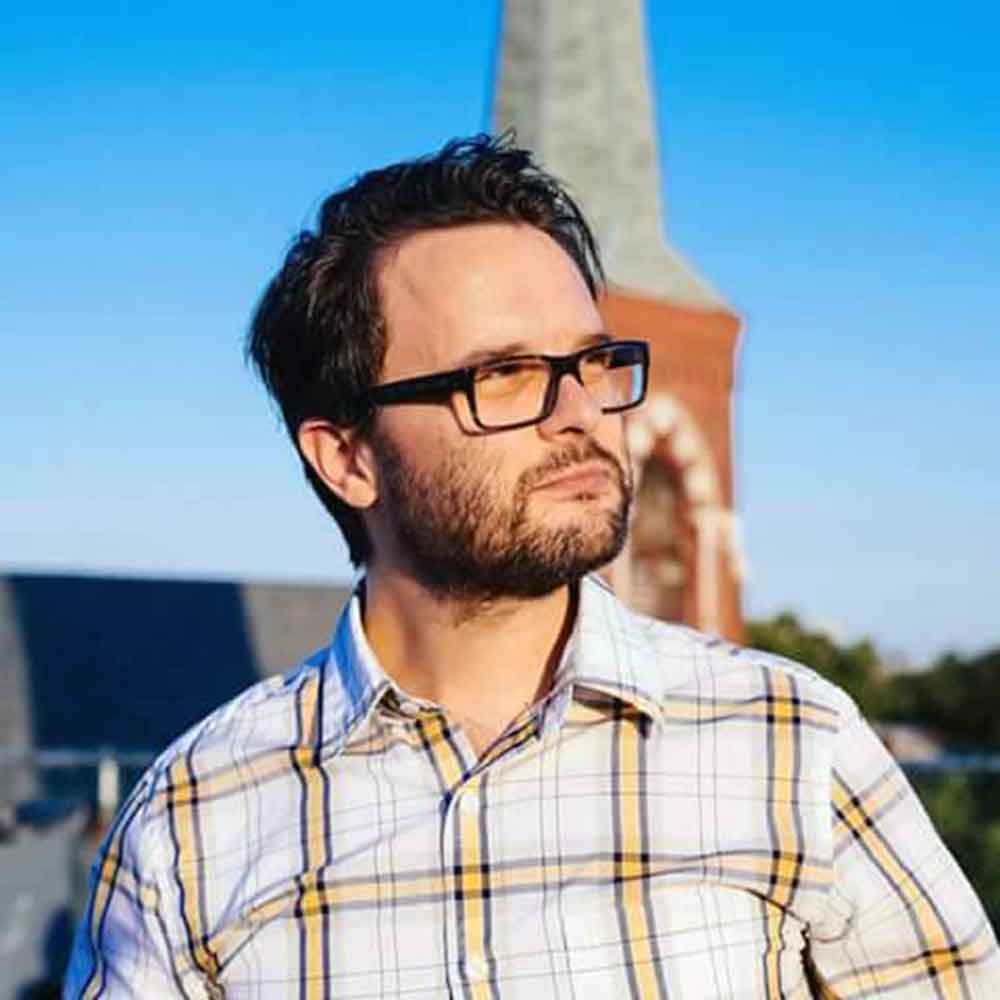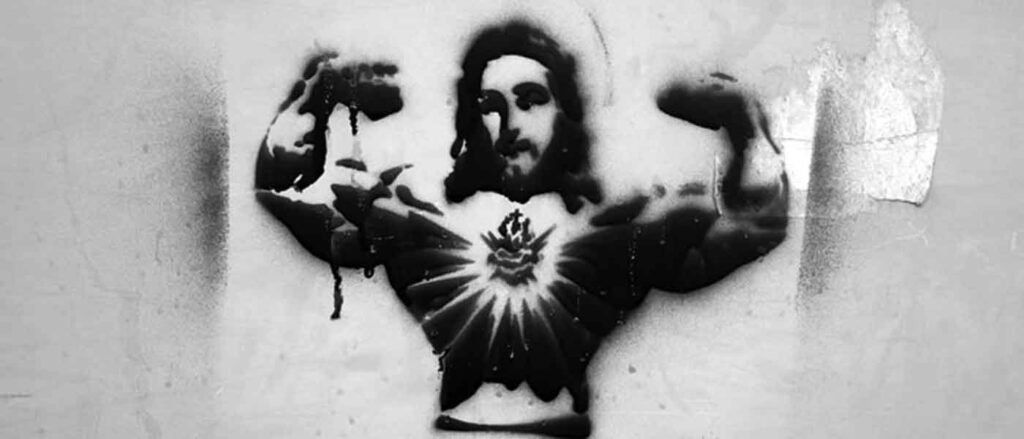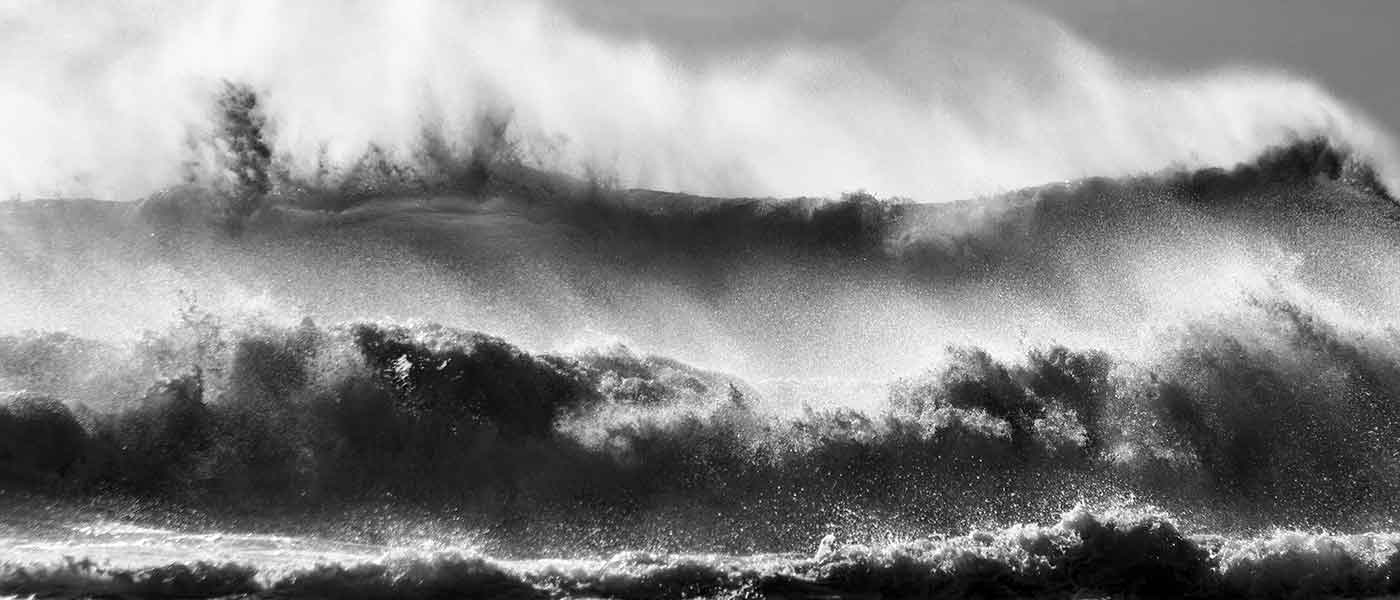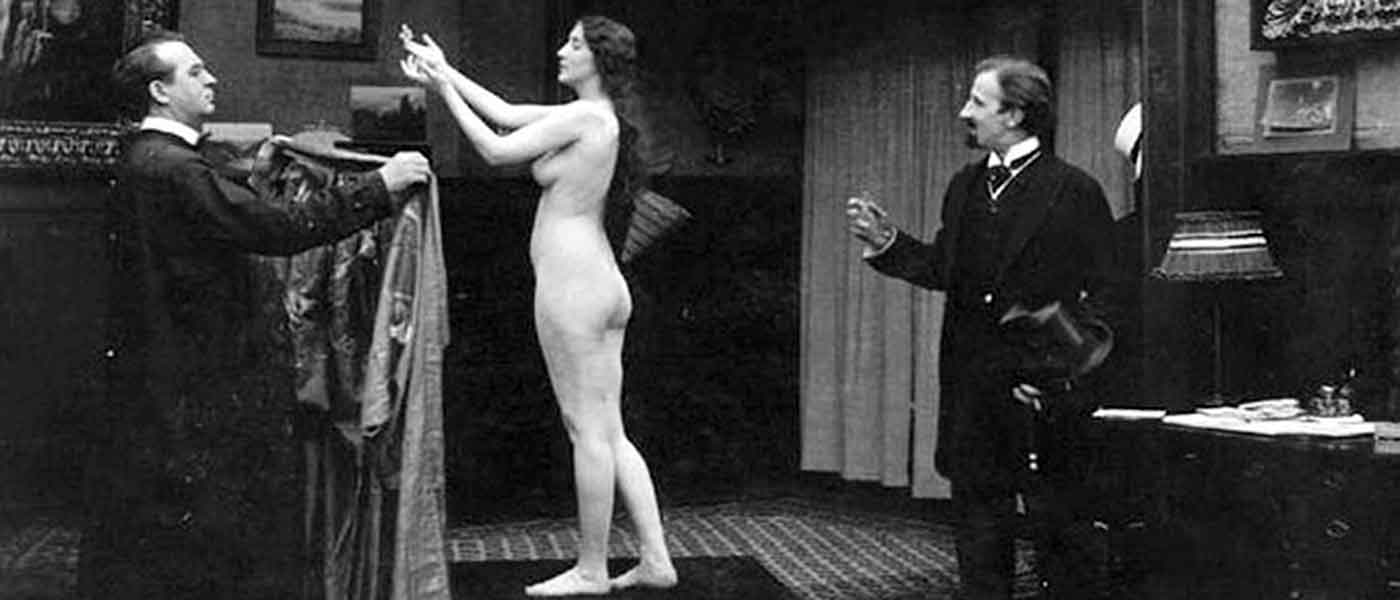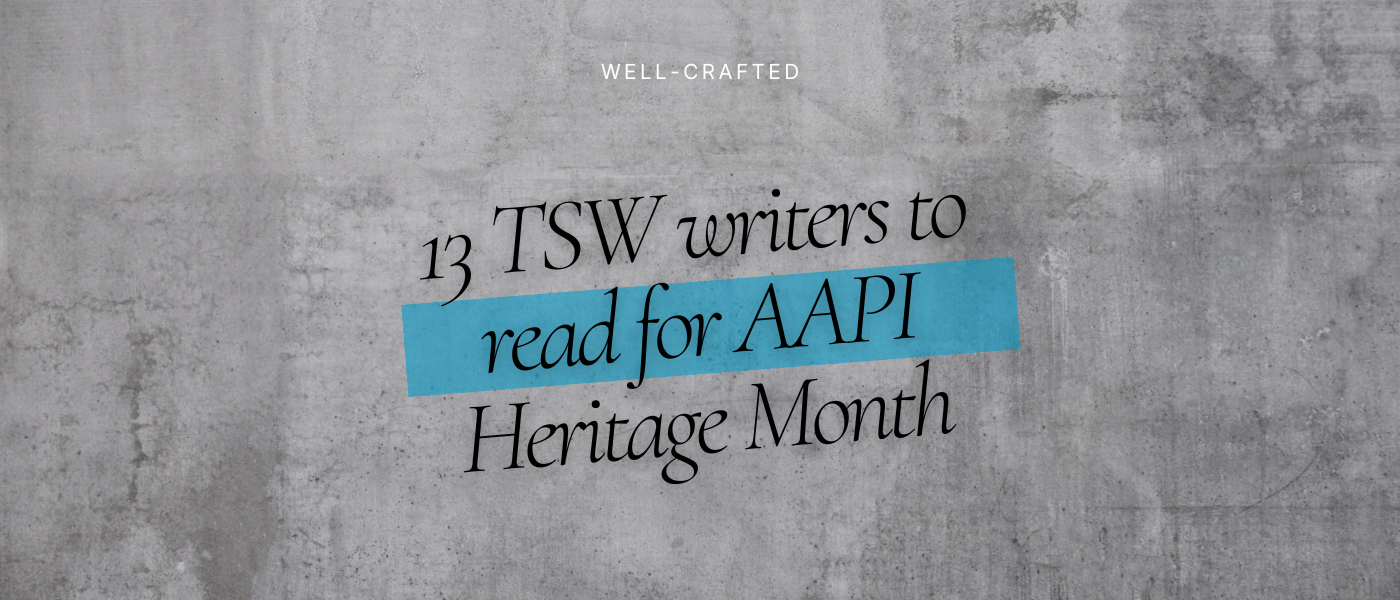When I was in the first grade, I convinced my father to take me to see the original Batman movie. It was 1989. We arrived at the theatre late, getting in right at the time when the movie’s main villain was being cooked in a giant pool of toxic green acid.
“So this is how villains are made,” I thought.
To my father’s protest, I begged to stay and continue watching under the justification that the worst was now over. Having missed the first couple of minutes, my 7-year-old brain struggled in its attempt to piece together a coherent narrative. By the time it was revealed that Batman was the same person as Bruce Wayne, I was all caught up with the plot.
Batman’s all-black rubber costume was so unlike the baby blue TV Batman I was used to seeing before this moment. This new Batman was terrifying. What lunatic would choose to hide deep within a dark cave full of scary bats? But this was also what made him so appealing, and I even wished I could ride in his dark, slick car instead of my father’s white VW Doctor-mobile.
But what Batman really reminded me of was my Uncle Baro. He was a perfect antidote for a kid like me, over-spoiled by the suffocating love of the immediate and extended family, best exemplified by the time when in my grandmother’s jungle-like garden I needed to kaka, I requested a tuta be brought to me. To this day, Uncle Baro still teases me for my polite and aristocratic ways of taking a shit instead of just taking a dump behind one of the many trees in that amazon of leaves, high grass and greenery.
“Your father and mother teach you how to be a model citizen. And that is all good. But to survive in this world, you will also need learn how to be bad. Do you know why?”
“Because I’ll get stronger that way?”
“Because if you know how to be bad, you will be able to see through people’s bullshit and tricks and cheats and scams, and they will not be able to trick you and mess with you. Your parents teach you how to be good, and they have done a great job. I will teach you how to be bad. How to swear, how to lie, cheat, steal; all the bad stuff you won’t be learning in school.”
While my father was teaching me to take a piss in a cultural way, my Uncle Baro groomed my dark, wild, and primal side, teaching me how to be “bad,” a punk, a mangup — a Batman to complement my Bruce Wayne.
But then, what would a superhero movie be without a great villain? Joker’s melting face from that scene early in the movie terrified me and haunted my dreams. His plastic laugh was bewildering and held its shape even during his psychopathic murder rampages. This superpower could be very easily mistaken for superficial, but I would soon learn that holding a smile while plotting mass murders would be considered quintessential.
Slobodan Milošević’s smiley face would be plastered throughout newspapers, TVs and posters all around Kosovo. It was difficult to have an imaginary super-adversary, when Milošević was right there, so prevalent and available. During 1989 he was the head of Federal Yugoslavia’s presidency, and later became Serbia’s president in 1991.
He would even get a great super-villain name — The Butcher of the Balkans. But that would be a bit later, when he would become involved in the greatest atrocities in Europe since the end of World War II. For the moment he was responsible for small things really, such as my father and mother losing their jobs, our family’s move to Prizren, my fear of policemen in dark blue uniforms, and even the reason I had to go to school in the afternoon. Barely enough to earn him the diminutive Millosh.
At about the same time Batman was showing in theatres, Prishtina was covered in posters for yet another movie. It depicted the image of a medieval maiden nursing a fallen knight. I got the chills every time I looked at the dying man’s sick, pale face as he struggled for one last sip of water before death. Boj na Kosovu was a Serbian film depicting a version of the 1389 battle between the Ottoman Empire and the alliance of Balkanic kingdoms and principalities led by Prince Lazar of Serbia. Its outcome was the death of Turkish commander Sultan Murad at the expense of the Alliance’s defeat. In the movie, the role of the Alliance is downplayed, effectively turning the film into Serbian nationalist propaganda. The release of the movie coincided with the 600-year anniversary of the battle that took place in the field north of Prishtina, the capital of Kosovo, now called Gazimestan.
While Joker’s origin story involved taking a dip in a toxic acid bath, Millosh’s transformation into Balkan’s arch-villain entailed being engulfed by a sea of people. Even though he was an able politician and his rise to power was a merit of his own machinations that took years to come to fruition, his origin story is often simplified to a single, almost mythologized, event — the Gazimestan Speech. In June of 1989 a great crowd of Serbs was gathered to celebrate the 600 years of the Battle of Kosovo. It is thought that the speech he delivered here was the domino that put in motion the events leading to the bloody disintegration of Yugoslavia.
As for Milošević’s smile, he was the most handsome villain Kosovo’s struggles ever had: his smooth skin, his wavy hair, and the baby fat around his cheeks and chin. I’d have to admit, his constant smile, rivaled that of the Joker. A fatherly smile from a paterfamilias of a nation rising from the ashes of the mythic defeat at Gazimestan 600 hundred years ago. A real smile for real atrocities yet to come.
And just how Joker evaded facing justice at the end of the movie by falling from that tall building, Millosh also pulled a fast one on justice, and never paid for his crimes. In 2006, Milošević would die in a Hague prison cell before the verdict could be announced for the charges of war crimes and ethnic cleansing.
“Of Superheroes and Real Life Villains” is a chapter from Bytyçi’s My Republic, an ongoing project of creative nonfiction about growing up in Kosovo during the ’90s.
